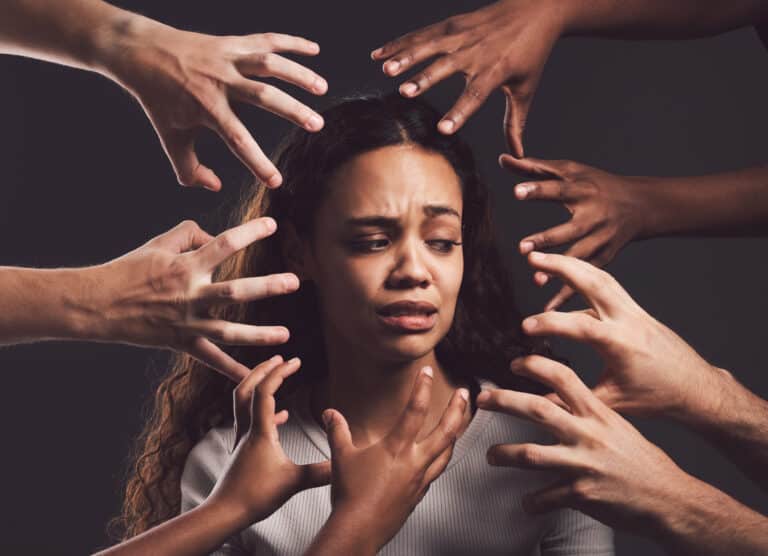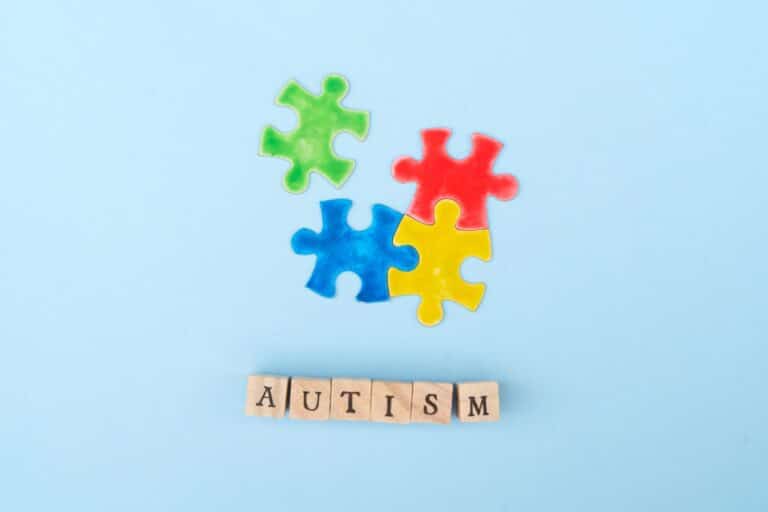Many people are surprised to learn that alcohol consumption has been around for thousands of years. While it’s often great to have a few drinks and celebrate with friends or family, alcohol can quickly become a vice that pulls you into a downward spiral.
But, you can experience drastic changes when you stop. So, what happens when you quit drinking? We’ve got all the info you should keep in mind.
What Happens When You Quit Drinking? a Brief Timeline
Since alcohol consumption has been so well documented, researchers have discovered consistencies in what occurs when you stop drinking. This has allowed them to establish a timeline on what you can expect when you kick your habit.
Let’s dive in.
The First 24 Hours
This time period is notorious for being one of the most difficult segments. Those who have withdrawal symptoms generally find that they immediately set in.
You might also experience a disturbance in your sleep patterns.
3 Days to 7 Days
For most people, the withdrawal symptoms will begin to subside. For heavy drinkers, however, they may actually begin to get worse.
Those who regularly consume a large weekly volume of alcohol should only stop drinking under medical supervision.
1 to 2 Weeks
Right around the two-week mark is where the road begins to get a bit easier. Those who have made it this far have more or less escaped the clinical detox stage.
Withdrawal symptoms have most likely subsided completely.
3 to 4 Weeks
Residual health effects that stem from alcohol consumption begin to diminish. For example, you’ll likely find that your blood pressure lowers on its own.
You’ll also start noticing weight loss (in a good way).
1 to 3 Months
Your skin should start looking better. Many people also report that they tend to have more energy. In general, you’ll experience better overall health.
One Year
Virtually everyone who makes it to the one-year point will no longer experience the negative effects of alcohol consumption. Even those who had significant damage to their body will likely find they have completely recovered.
In some cases, your doctor may require you to change your behavior in other ways depending on your history of alcohol consumption.
You’ll Be More Productive
One of the first things that you’ll notice when you stop drinking is that you become far more productive. For those who drink fairly often, it’s highly likely that you failed to keep up with certain obligations.
This could be pursuing hobbies, chores, or taking care of other responsibilities. But, you don’t have to be constantly under the influence of alcohol for it to affect your productivity.
Many people who get caught up in a lifestyle that centers around drinking are constantly socializing with others while consuming alcohol. Although there’s nothing inherently wrong with this behavior, it could cause you to neglect other areas of your life for extended periods of time.
You’ll Save Money
Whether you’re going out to bars or simply drinking at your home, you’re spending money on alcohol. Depending on how much you drink and how frequently you do so, this could prove to be a substantial amount.
In some cases, it’s entirely possible for someone with a drinking habit to spend over $1000 per month (or more). While there’s something to be said about the memories you create while you’re enjoying yourself, this money can quickly add up.
Over a long enough period, you could even end up spending money on drinking that could’ve been put toward a new car, down payment on a home, etc.
You’ll Have More Stability in Your Life
Unfortunately, frequent alcohol consumption can easily result in a significant amount of instability. You might find that your relationship with your significant other becomes strained due to your habits.
The same could be said about your connection with your friends or family members. Those who drink regularly might also find it difficult to establish a solid routine that can put them on track toward their goals.
When you quit drinking entirely, though, you’ll be surprised at the amount of direction you’ll have in your life. Not only will you have far more free time, but you’ll be able to use it far more efficiently.
You’ll Improve Your Overall Health
Depending on the amount of alcohol you consume each week, the improvement you see in your health will vary. Heavier drinkers will experience a drastic change in their overall health. But, even occasional drinkers can still benefit from quitting.
The most significant change that you’ll see is weight loss. To elaborate, a typical shot of liquor has approximately 70 calories.
Even light beers can have anywhere from 50 to 100 calories. For those who have built up a notable tolerance, you might consume over 500 calories of alcohol before you begin to feel it.
It should be noted that you may experience withdrawal symptoms if you attempt to completely eliminate your alcohol consumption. These can include nausea, insomnia, and anxiety. In severe cases, you could experience much harsher physical effects.
If you find yourself going through withdrawal symptoms, is best to get in touch with a professional who can provide you with the necessary care.
Kicking Your Alcohol Habit Could Be Life-Changing
So, it’s important to keep the above information in mind. From here, you’ll be able to fully understand what happens when you quit drinking and make the decision that’s best for you in the future.Want to learn more about what we have to offer? Feel free to reach out to us today and see how we can help.






